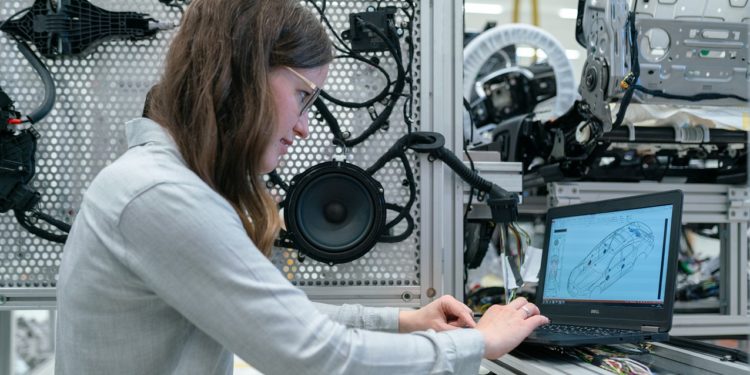Mechanical engineering is a very popular career choice. It brings together the theories, practices and analysis of mathematics and physics, with the hands-on aspects of engineering – creating a challenging yet rewarding role.
Mechanical engineers are of vital importance across many industries including automotive, aerospace, consumer electronics, construction and many more.
If you are a qualified and educated mechanical engineer, you should have a number of career options and paths ahead of you – but what else does it take to be a successful mechanical engineer?
Key Traits and Qualities
Mechanical engineers need to be inherently analytical to be able to overcome challenges in processes and designs. Problem-solving is at the core of engineering, where design and manufacturing solutions are created to overcome obstacles and issues in the relevant industry.
Coming up with solutions to complex engineering problems requires creativity. This is essential for mechanical engineers to be able to think outside of the box with regard to solutions and also helps to translate ideas into reality.
Mechanical engineers very often work in small teams on projects; therefore, being an effective team player is an absolutely essential quality to have. Effective communication goes hand in hand with this, allowing you to express your ideas and thoughts to colleagues as well as external stakeholders such as clients and partners.
Skills and Abilities
If you’re going to work in mechanical engineering, you almost certainly need to be a technically skilled individual. This includes working with your hands on live projects and using mathematics and computer software to create designs, blueprints and running simulations. Furthermore, the ability to use handheld tools such as calipers shouldn’t be outside your comfort zone.
Data analysis is crucial for the development of projects and the optimisation of systems. Being able to identify patterns and trends in large and complex data sets will set you apart from other engineers.
Engineering in general relies a lot upon project management. Both commercial and operational factors need to be managed, to allow a project to be profitable and successful for all involved. Chief engineers will usually manage teams and projects overall, but everyone will have a part to play in complex projects.
Mechanical engineering can be a fascinating career path, particularly if you get to work in an industry that you are interested in. A lot of sacrifice is needed to become qualified and educated, and the hard work doesn’t stop there.
Car
David Prior
David Prior is the editor of Today News, responsible for the overall editorial strategy. He is an NCTJ-qualified journalist with over 20 years’ experience, and is also editor of the award-winning hyperlocal news title Altrincham Today. His LinkedIn profile is here.




![7 Best POS Software in the UK [2026 Edition]](https://todaynews.co.uk/wp-content/uploads/2026/02/7-Best-POS-Software-in-the-UK-2026-Edition-360x180.png)







































































